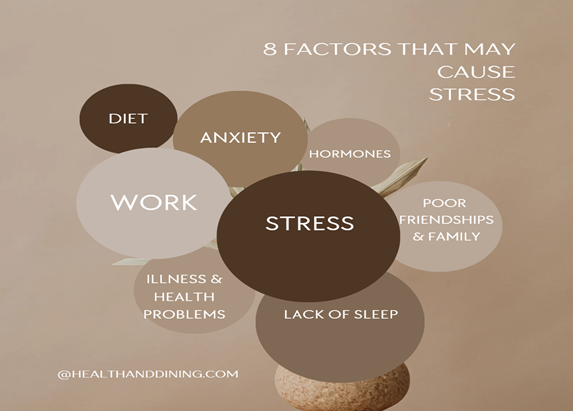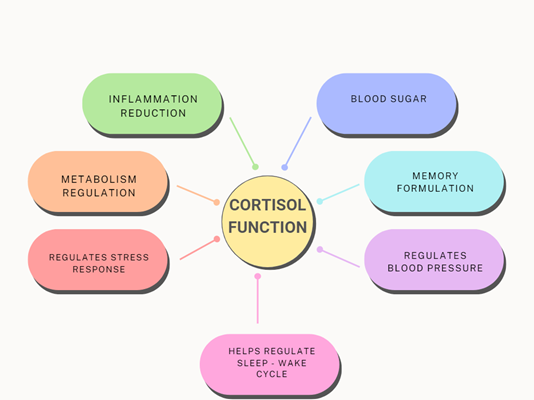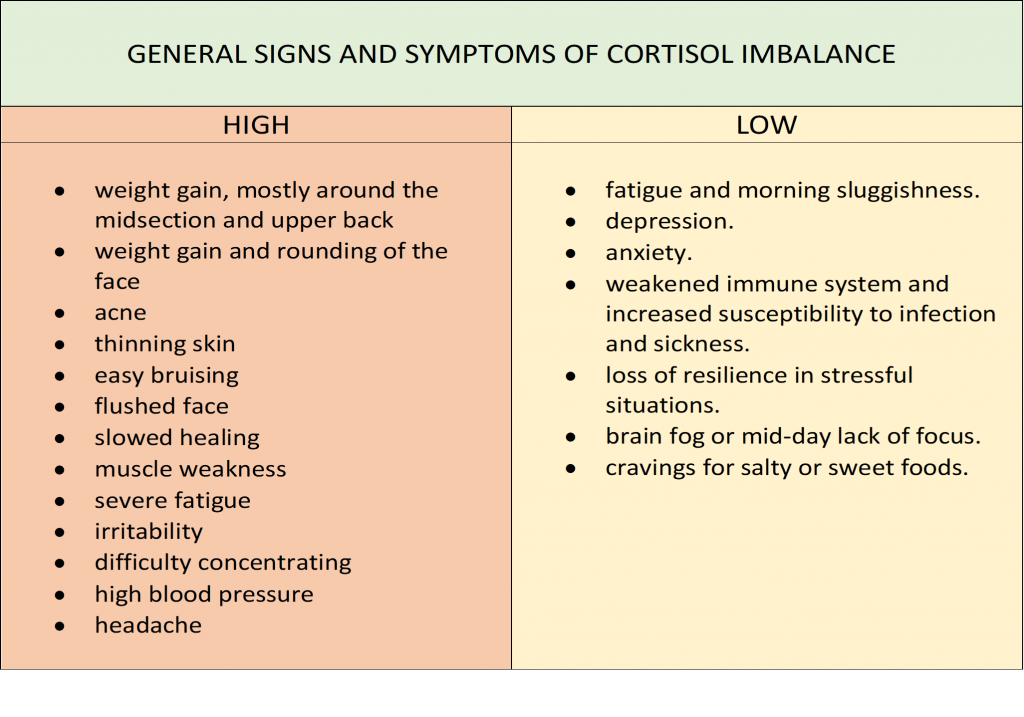“I am stressed!!’’
‘’The Doctor has signed me off with stress!’’
This is all too common now and many people live through stress symptoms every day, often not realising how it is impacting their health. However, it was not always like this. Stress is a modern term. Generations before us knew stress within the parameters of science, whereby stress was defined as ‘a force per unit area.’ They had symptoms that were brought on by ‘worry’. These days stress is immediately linked to health and how it can be our downfall, leading to many chronic health conditions. Hans Seyle was the first person to realise this as he attempted to sketch the history of the stress theory and demonstrated how this information can help anyone lead a more complete and satisfying life. As a medical student, Selye observed that patients suffering from different diseases often exhibited identical signs and symptoms. They just “looked sick”. This observation may have been the first step in his recognition of “stress.” He later discovered and described the General Adaptation Syndrome, a response of the body to demands placed upon it. The Syndrome details how stress induces hormonal autonomic responses, and over time, these hormonal changes can lead to ulcers, high blood pressure, arteriosclerosis, arthritis, kidney disease, and allergic reactions amongst others.

Stress & Cortisol
Stress is a natural reaction to threats or situations we feel are out of our control. But it isn’t always a bad thing. Some positive effects of stress include increased alertness and even energy.
Our bodies are capable of handling stress in small doses at a time. Our glands release chemical substances or hormones during stressful life events to help us deal with those problems.
Cortisol is the most important hormone released during stress. The body’s stress response is usually short-lived, and your hormone levels return to normal after. Unfortunately, you can develop long-term or chronic stress when the body feels constantly threatened. Chronic stress leads to elevated cortisol levels. The infographic below shows the functions of cortisol in the body.

What symptoms are linked to high cortisol / high stress levels?

Foods to help support cortisol levels (both high and low levels)
The best way to lower cortisol in the body is to focus on an anti-inflammatory diet. Foods that reduce inflammation in your body helps to reduce cortisol levels. Here are some nutrition tips that may help:
- Foods that are high in the essential fatty acid omega 3 e.g. oily fish, flaxseed, seaweed
- Foods high in vitamin B e.g. leafy greens
- Protein rich foods e.g. lean meats, fish, dairy
- Magnesium rich foods e.g. wholegrains, beans and legumes
- Gut healthy foods (pre and pro biotic) e.g. garlic, bananas (prebiotics) and Sauerkraut, Kombucha (probiotics)
- Vitamin C e.g. citrus fruits
- The amino acid Tryptophan e.g. sunflower/pumpkin seeds, dairy, chicken
- High fibre foods. E.g. wholemeal bread, vegetables, nuts, seeds
Eating a low sugar, unprocessed, unrefined nutrient dense diet is key to supporting the body. Sleep is also one of the key components of reducing stress too, supporting the sleep wake cycle.
Tips for creating a healthy lifestyle
Relaxing the body and the mind can help maintain healthy levels of cortisol. “Exercising increases the levels of “happy hormones” to help balance the negative effects of stress.” Learning stress management techniques and practicing them can be effective in achieving a low-stress lifestyle.
Other ways to try and alleviate stress are:
- Practicing breathing techniques
- Exercising regularly
- Focusing on positive images or using guided imagery
- Writing in a journal
- Listening to music
- Meditating
- Doing yoga
- Hanging out with good friends
- Doing what makes you happy
Ultimately, avoiding stress is the key but in this modern society, is not a viable option. Supporting one’s stress levels, no matter how small or big is the key. Hans Seyle was right with the General Adaption Syndrome, however generally adapting one’s stress levels will also adapt ones health in the long run.
Main photo by David Garrison



